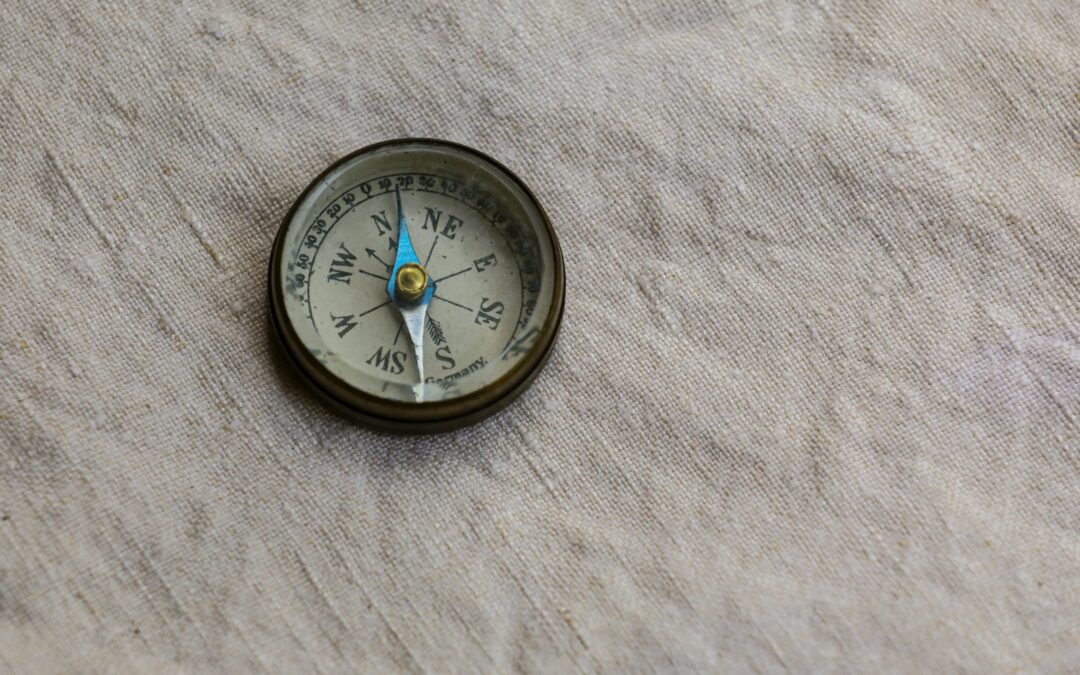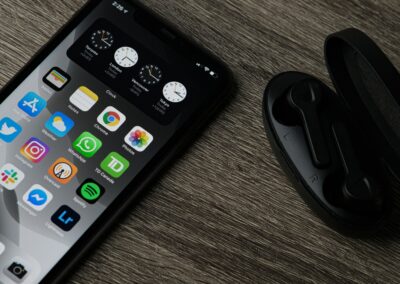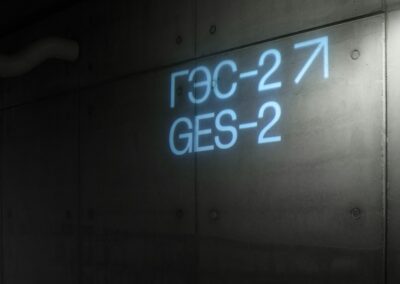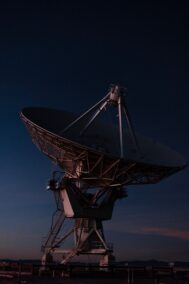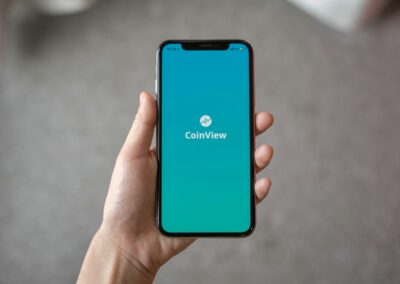Enhanced User Experience with AR Navigation
Interactive and Immersive Guidance
The benefits of using AR for navigation are transforming how we find our way in both familiar and unfamiliar environments. Augmented Reality (AR) provides an interactive and immersive guidance experience that traditional GPS and mapping solutions cannot match. By overlaying digital directions and information onto the physical world, AR navigation offers real-time, context-aware assistance that enhances user experience.
For instance, in bustling cities like Dubai and Riyadh, AR navigation can help pedestrians and drivers navigate complex urban landscapes with ease. Users can see arrows, labels, and other navigational aids directly on their device screens, superimposed on real-world images. This visual aid simplifies wayfinding, making it intuitive and engaging. Unlike traditional GPS, which relies on abstract maps and text instructions, AR navigation provides a direct visual reference, reducing confusion and improving accuracy.
Moreover, AR navigation can enhance indoor navigation in large venues such as airports, shopping malls, and conference centers. By guiding users through complex interiors with visual cues, AR ensures they reach their destinations efficiently. This capability is particularly valuable in regions like the UAE and Saudi Arabia, where large-scale developments and expansive public spaces are common. The immersive nature of AR navigation transforms the way people interact with their surroundings, making it a valuable tool for both everyday use and special occasions.
Real-Time Information and Updates
One of the most significant advantages of AR navigation is its ability to provide real-time information and updates. Traditional GPS systems offer static maps and occasionally outdated information, which can lead to navigation errors and inefficiencies. In contrast, AR navigation integrates real-time data, ensuring users receive the most current information available.
For example, AR navigation systems can incorporate live traffic updates, construction alerts, and dynamic route adjustments based on current conditions. This real-time adaptability is crucial for navigating busy urban environments like Riyadh and Dubai, where traffic patterns can change rapidly. By offering up-to-the-minute information, AR navigation helps users avoid delays and reach their destinations more efficiently.
Additionally, AR navigation can provide context-specific information such as points of interest, historical facts, and local business details. This enrichment of navigational data transforms a simple journey into an informative and engaging experience. Travelers and locals alike can benefit from this added layer of context, enhancing their understanding and appreciation of their surroundings.
Enhanced Safety and Reduced Distractions
Safety is a paramount concern in navigation, and AR offers significant improvements in this area by providing enhanced safety and reduced distractions. Traditional GPS devices and smartphone maps often require users to look away from their path, increasing the risk of accidents. AR navigation addresses this issue by keeping users’ attention focused on their environment.
For drivers, AR heads-up displays (HUDs) project navigation information onto the windshield, allowing them to keep their eyes on the road while receiving directions. This integration reduces the need for glances at a separate screen, minimizing distractions and enhancing safety. In fast-paced cities like Dubai, where driving can be particularly challenging, this feature is invaluable.
Pedestrians also benefit from AR navigation through wearable devices such as AR glasses. These devices provide seamless guidance without the need to constantly check a smartphone. By presenting navigational information directly in the user’s field of vision, AR glasses reduce the likelihood of accidents caused by divided attention. This hands-free approach ensures that pedestrians remain aware of their surroundings while navigating, enhancing overall safety.
Implementing AR Navigation in Modern Urban Environments
Integration with Smart City Infrastructure
The implementation of AR navigation is greatly facilitated by the integration with smart city infrastructure. Modern cities like Riyadh and Dubai are rapidly adopting smart technologies to enhance urban living, and AR navigation is a natural extension of these efforts. By leveraging existing smart city infrastructure, AR navigation systems can access a wealth of real-time data to improve accuracy and functionality.
Smart city components such as interconnected traffic lights, sensor networks, and public Wi-Fi provide a robust foundation for AR navigation. These technologies enable AR systems to gather and process information from various sources, offering users a seamless and integrated navigation experience. For instance, real-time data from traffic sensors can be used to adjust routes and provide accurate arrival times, while public Wi-Fi networks ensure that AR applications remain connected and functional throughout the city.
Furthermore, the integration of AR navigation with public transportation systems can enhance the efficiency and convenience of urban mobility. AR can guide users to the nearest bus or metro station, provide real-time schedules, and even assist with ticket purchases. This holistic approach to navigation supports the goals of smart cities to create more connected, efficient, and user-friendly urban environments.
Applications in Tourism and Business
The benefits of AR navigation extend beyond personal use, offering significant advantages for tourism and business. In tourism, AR navigation can enhance the visitor experience by providing immersive tours and detailed information about attractions. Tourists in cities like Riyadh and Dubai can use AR guides to explore cultural sites, historical landmarks, and entertainment venues with enriched content that brings these locations to life.
Businesses can also leverage AR navigation to improve customer experiences and operational efficiency. Retail stores can use AR to guide customers to products, provide detailed information, and offer personalized shopping experiences. In large corporate campuses, AR navigation can help employees and visitors find meeting rooms, facilities, and resources quickly and efficiently. This application of AR technology supports both customer engagement and internal productivity, making it a valuable tool for modern businesses.
Moreover, AR navigation can enhance event management by providing real-time guidance and information during conferences, trade shows, and other large gatherings. Attendees can use AR apps to navigate venues, access event schedules, and receive updates, ensuring a smooth and enjoyable experience. This capability is particularly beneficial in regions like the UAE and Saudi Arabia, which frequently host international events and exhibitions.
Future Prospects and Innovations
The future of AR navigation holds exciting prospects and innovations that promise to further enhance its capabilities and applications. As AR technology continues to advance, we can expect to see more sophisticated and seamless integration of AR navigation into everyday life. Developments in AI and machine learning will enable AR systems to offer even more personalized and context-aware guidance.
For example, future AR navigation systems could use predictive analytics to anticipate user needs and preferences, offering proactive suggestions and adjustments. Enhanced spatial mapping and object recognition will improve the accuracy and reliability of AR navigation, ensuring that users receive precise and relevant information. These advancements will make AR navigation an indispensable tool for both personal and professional use.
In conclusion, the benefits of using AR for navigation are manifold, from enhanced user experiences and real-time information to improved safety and integration with smart city infrastructure. By embracing AR technology, cities and businesses in Saudi Arabia, the UAE, Riyadh, and Dubai can provide more efficient, engaging, and safe navigation solutions. The future of AR navigation is bright, with ongoing innovations poised to revolutionize the way we navigate our world.
—
#BenefitsOfUsingARForNavigation #ARNavigationVsTraditionalGPS #AugmentedRealityInNavigation #ModernNavigationTechnology #AIInNavigation #BusinessSuccess #LeadershipSkills #ProjectManagement #SaudiArabia #UAE #Riyadh #Dubai #ArtificialIntelligence #Blockchain #TheMetaverse #ExecutiveCoaching #GenerativeAI

